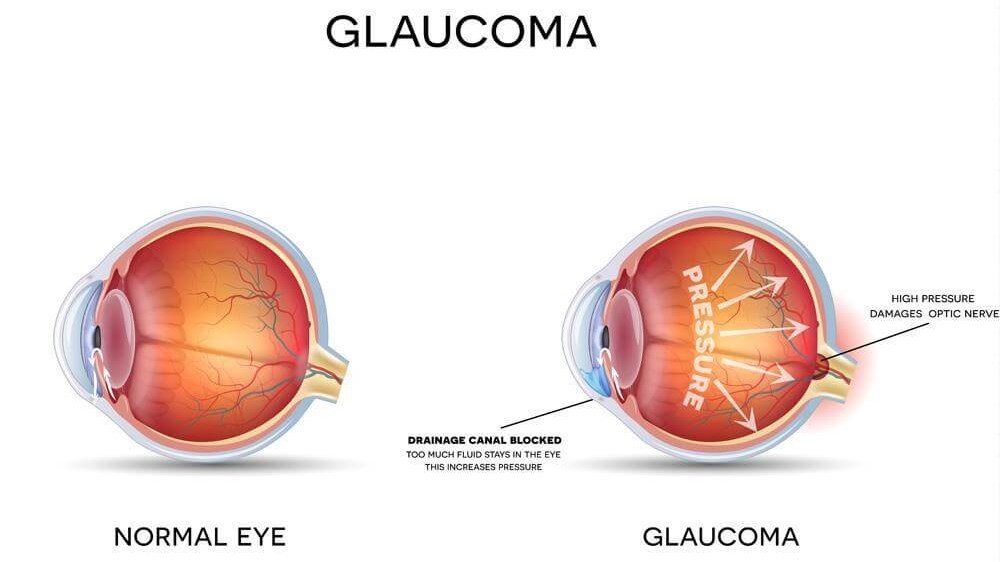Early Signs of Glaucoma
Glaucoma is one of the leading causes of blindness in the United States. This eye disease is often hard to detect, as it doesn’t always present symptoms. At SPEX in Seattle, WA, our optometrist can detect glaucoma early and provide ways to slow the progression of the disease.
What is Glaucoma?
Glaucoma is a group of eye conditions that damage the optic nerve. This is typically due to abnormally high pressure in the eye. The optic nerve is the pathway between your eye and your brain and is essential for vision. If glaucoma is left untreated, it can lead to vision loss.
Regular eye exams are vital in detecting glaucoma. Our optometrist will check for any damage that could lead to the condition. Despite the asymptomatic nature of glaucoma, there are still some early signs you can watch for. Our eye doctor will guide you on how to do this.
Early Signs of Glaucoma
It is important to get routine eye exams instead of waiting until you experience symptoms of glaucoma. The earlier the disease is detected, the better chance you have of preventing vision loss. In most instances, symptoms start to show up when the condition has already progressed. If you experience any of the following signs, visit our eye doctor immediately:
- Having to regularly update your prescription Loss of side vision Trouble adjusting to a dark room
- Redness in your eye
- Severe headache
- Foggy or blurred vision, especially when waking up
- Nausea and vomiting
- Vision disturbances If you are at risk for glaucoma, you should also regularly seek eye care.
Risk Factors of Glaucoma
While everyone can get glaucoma, some groups are at more risk. Those at risk include:
- People with diabetes
- People aged 60 years and above
- Certain ethnicities, including Asian and African
- Those with a family history of glaucoma
- Those with eye problems
Visit Our Optometrist in Seattle, WA for Early Glaucoma Detection
Routine eye exams are vital in detecting glaucoma. If you experience any symptoms, visit us at SPEX in Seattle, WA. Our optometrist will perform an eye exam and provide treatment options to slow the progression of the disease. Call us today to schedule an appointment
&srotate=0)